Pros: the designer sees the work in a complex way
Turning to a specialist for the design of an apartment, you usually get a general concept. He makes technical drawings - the plan of partitions, lighting, floor and ceiling, sockets and switches, not missing a single detail.
Also, the designer selects the finish, color combinations, textures and accessories, creating an integral "picture" in a single style. Without experience and education, it is unlikely that it will be possible to provide all the details..
Cons: if the budget is very limited
The price for the work of a conscientious specialist starts from one and a half thousand rubles per square meter. Simple visualization is cheaper, but in the end you get not a full-fledged project, but a beautiful picture without an electrical plan and furniture dimensions.
If your main goal is save money during renovation, the designer will have to be abandoned, otherwise the estimate will increase significantly.
Pros: the designer helps to decide
Invite a specialist if you do not understand what to start from when arranging housing and have never done it. A professional will help avoid many mistakes, and most importantly - will create an interior that will satisfy your requirements.
At each stage of cooperation, both the customer and the designer will interact with each other and negotiate. The specialist will help develop a concept by proposing several options for the development of events, and will determine in which direction to move.
Cons: difficult to find a specialist
Finding a professional is not easy if you start from scratch - without connections and word of mouth. There are many offers on the network that promise excellent results, but this does not give guarantees.
Look for a designer on proven portals, contact a bureau with an excellent reputation, take an interest in the portfolio and education of the selected specialist.
Even if friends persistently recommend the designer you like, approach the question with a cool head. Your tastes may not match, and personal incompatibility is also possible.
For: the specialist knows what to save on
Initially, designers rely on the project budget, so they try to meet the client halfway, looking for cheaper analogues of furniture or materials. The professional has a well-established base of suppliers and stores, he has an excellent understanding of prices and is constantly looking for new ways to reasonably save.
This almost does not affect the quality, since the result of the repair is in the interests of the specialist.
Cons: you have a passion for interior decoration
Home is the place where a person expresses himself.If you have a craving for design, you like to go to construction and furniture stores, often watch interior photos and video programs about reworking space, you probably have already decided on your favorite style.
If you have time for self-education, and informational materials about repairs arouse your interest, it will be not only easier, but also more enjoyable, to equip an apartment or house on your own and taking into account your own needs.
For: the specialist is responsible for the quality
A professional designer controls the project from the initial stage to completion, keeping track of the deadlines for the completion of work. If you do not want to sort things out with the furniture manufacturer or worry about the intricacies when ordering it, hire a specialist.
A respectable designer justifies his decisions in an accessible manner and honestly tells the client about possible repair problems, because in most cases it foresees them in advance.
Cons: if repairs are minimal
If you want to make repairs "for a while", or change only the wallpaper in the apartment, there is no point in inviting a professional. Another reason to abandon a full-fledged design project is the replacement of the kitchen unit - this segment of services is well developed, so the kitchen will be designed for you when ordering furniture in the salon, providing for the little things.
Today there are many free and available visualization programs that you can master yourself. This will allow you to realize your ideas on a computer, save money and choose the right color combinations.
Pros: the designer saves time
You pay a specialist for the implementation of the project with all the included services and then spend your energy only on approvals. The selection of building materials and furniture in stores, as well as the issues of redevelopment and control of construction work, fall on the shoulders of the designer.
The listed responsibilities are negotiated in advance and fixed in the contract. After its conclusion, you do not waste time on checks, trips and purchases.
Cons: you have a lot of experience
A designer is not useful to a person who has several professional and amateur repairs behind him. Most of the difficulties that will have to be faced in the process are already known to an experienced person, and there are connections and an understanding of prices in the service market.
You can invite a specialist for the sake of generating new ideas, because most good designers have not only knowledge and spatial thinking, but also an excellent artistic taste.
Since people have different needs, rely on your own experience and financial capabilities when renovating and choosing a designer.

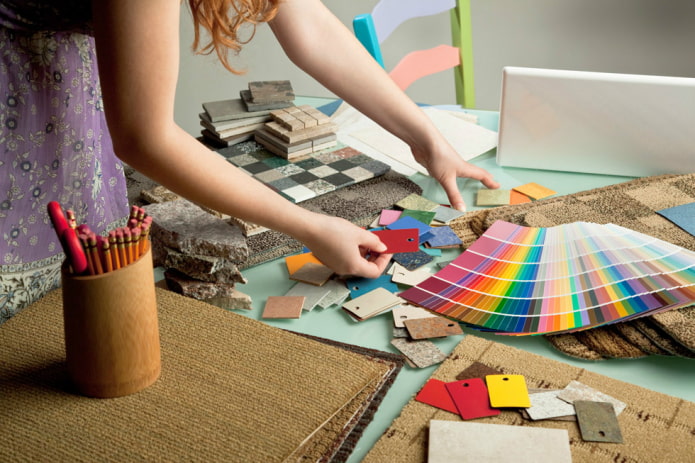
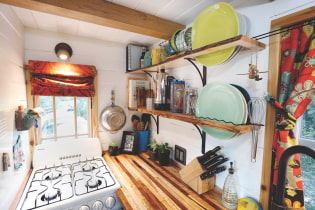 10 practical tips for arranging a small kitchen in the country
10 practical tips for arranging a small kitchen in the country
 12 simple ideas for a small garden that will make it visually spacious
12 simple ideas for a small garden that will make it visually spacious
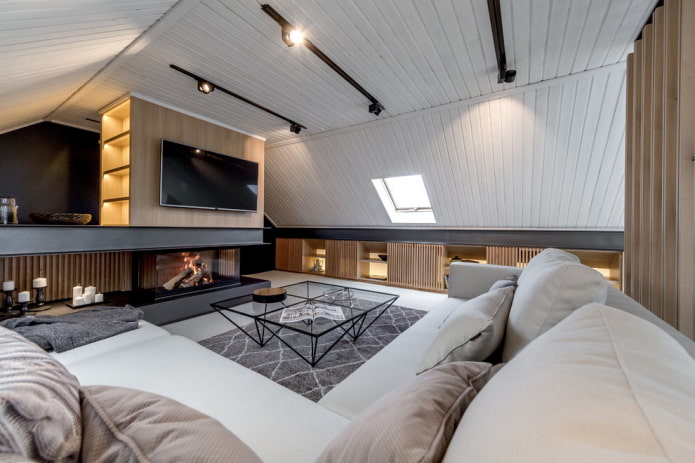
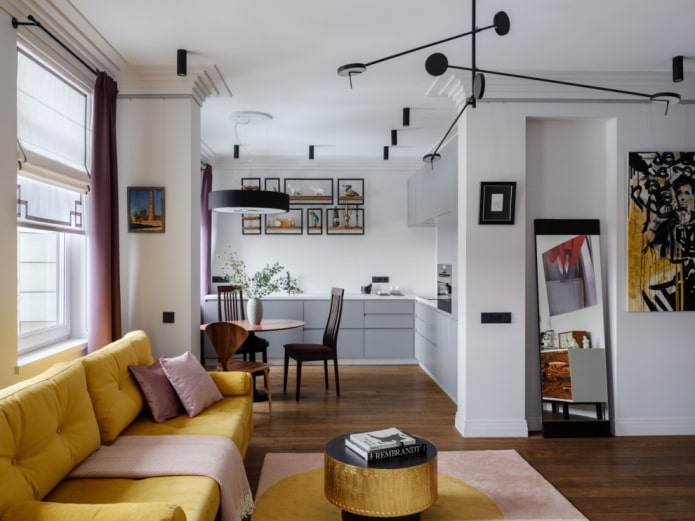
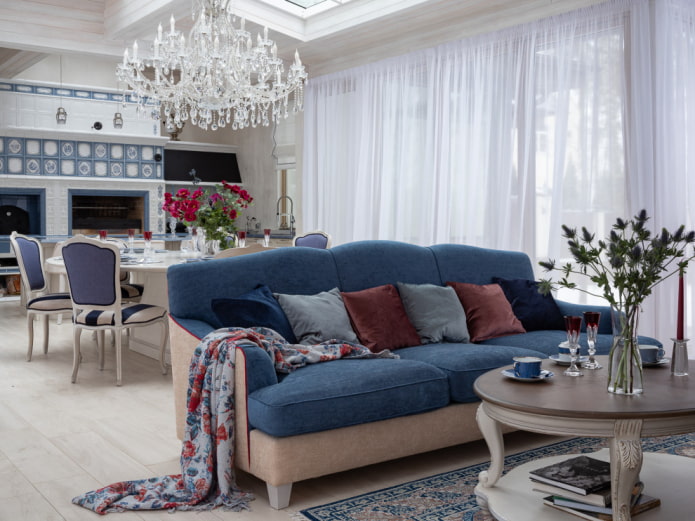
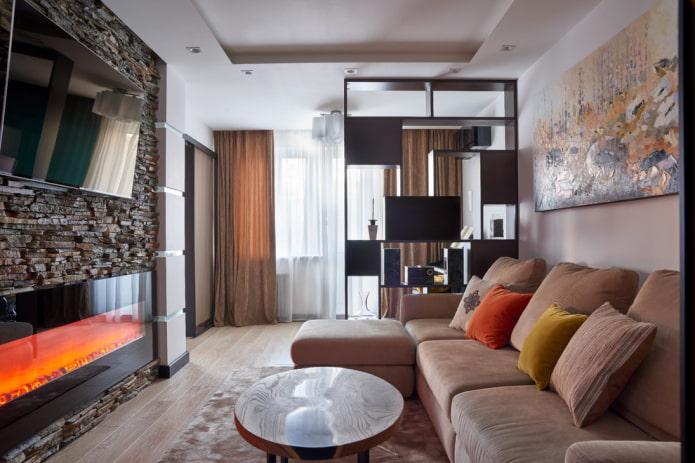
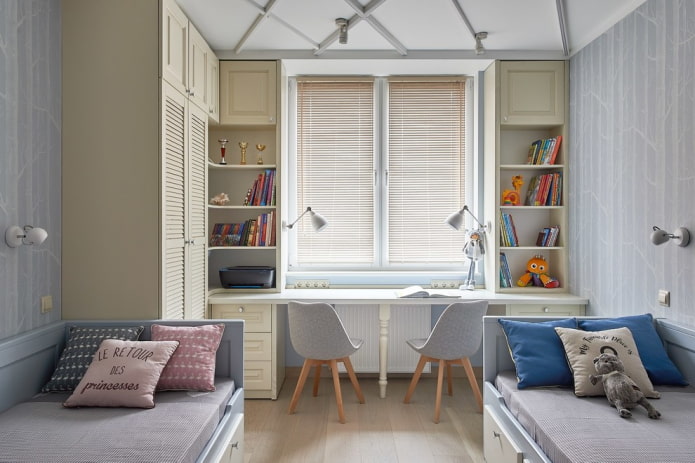
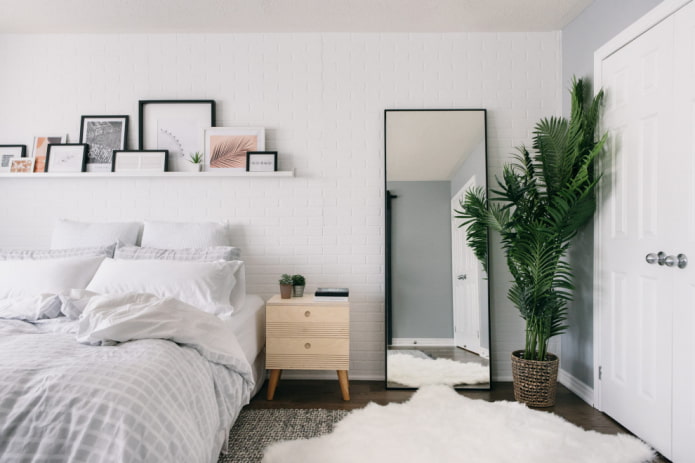
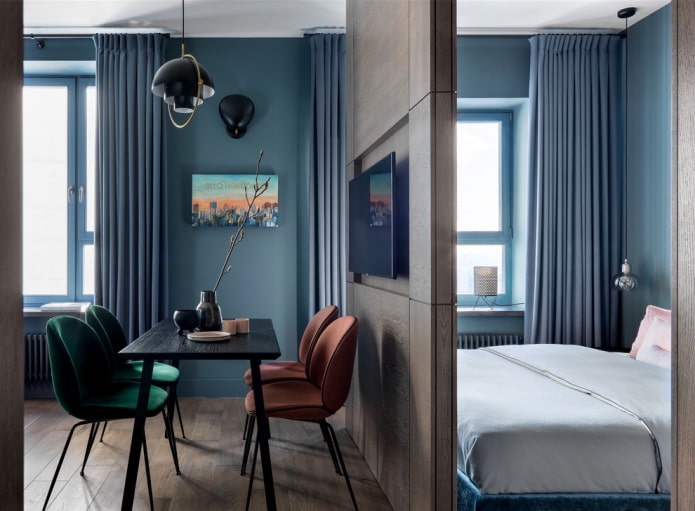
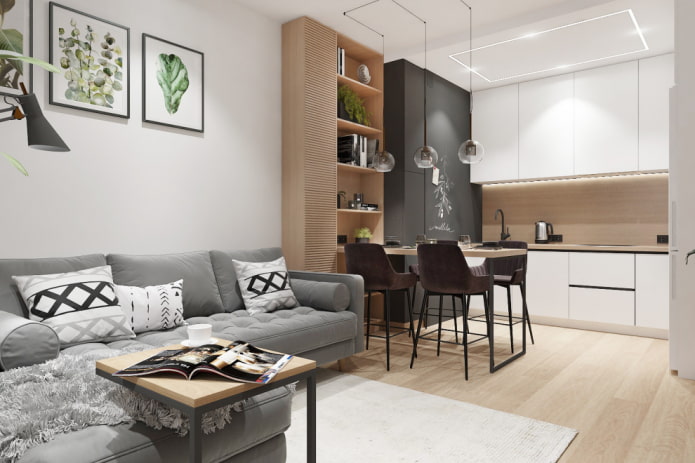
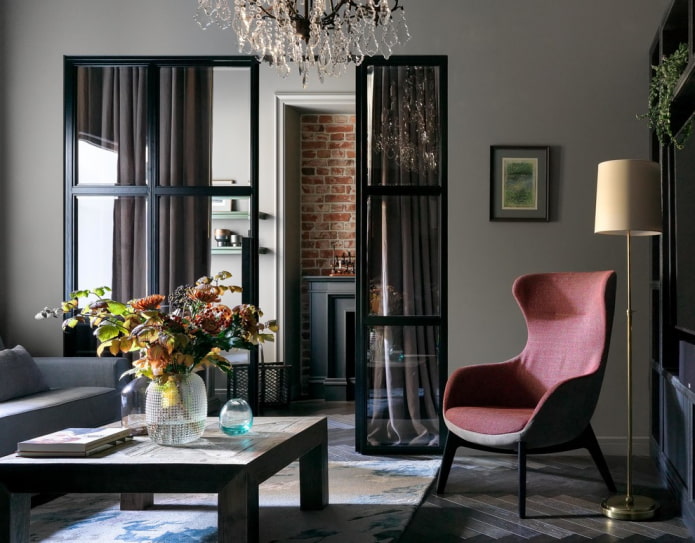
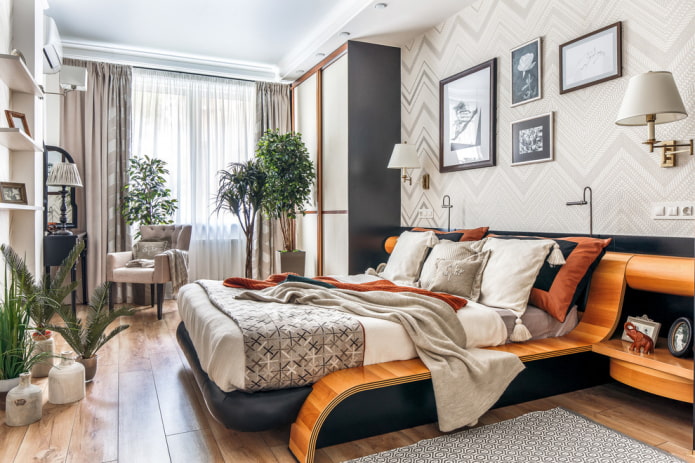
 13 bad habits a good housewife shouldn't have
13 bad habits a good housewife shouldn't have 24/7 home cleanliness - 4 secrets for the perfect housewife
24/7 home cleanliness - 4 secrets for the perfect housewife 6 hotels in Sochi that will give odds to the promoted foreign hotels
6 hotels in Sochi that will give odds to the promoted foreign hotels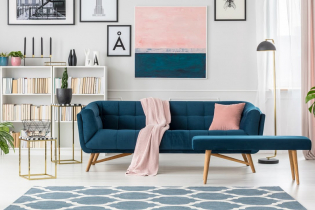 Top 10 interior design trends 2020
Top 10 interior design trends 2020 Rating of cheap TVs with Smart-TV
Rating of cheap TVs with Smart-TV New Year's LED garlands on AliExpress - we disassemble while it's hot, so that it's bright at home
New Year's LED garlands on AliExpress - we disassemble while it's hot, so that it's bright at home